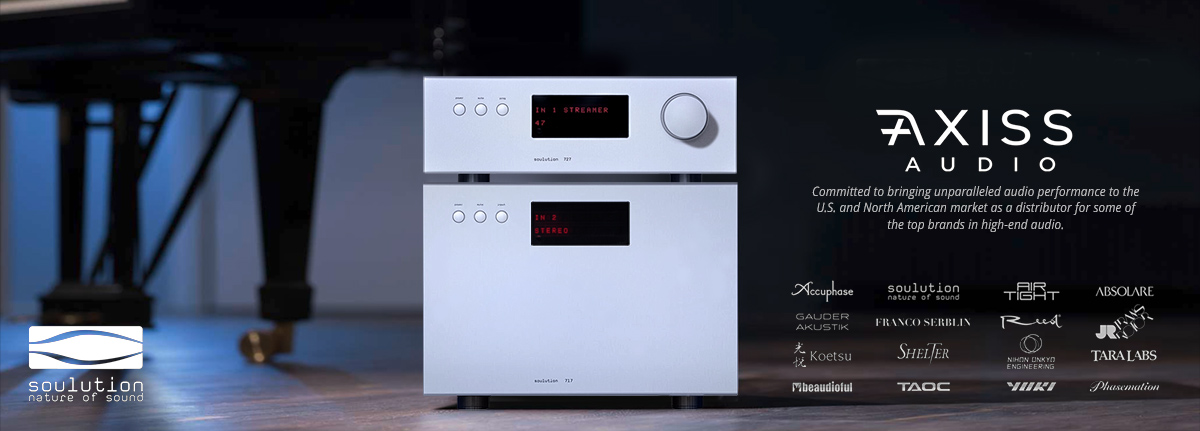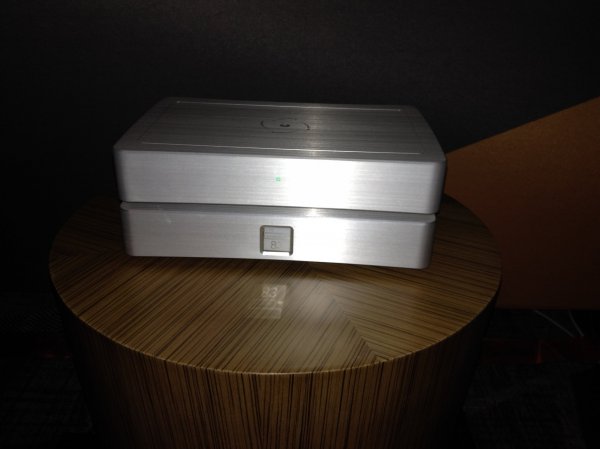i guess it the age older dilemma is if technical perfection is associated with desirable sound qualities
Technical perfection is getting ever more elusive to define. It used to be kind of easy back in the seventies until it became obvious it leads to less and less musical enjoyment. Allegedly the same had already happened in the sixties (semi revolution) and before that in the fifties (pentode revolution). There were also a number of paradigm shifts like the invention of the bass reflex, the ultralinear amp and of course the mosfets which sounded exactly like tubes.
But technical perfection has little to do with my gripes about class D.
Today most of us have come to accept that out of band RF noise plays an important role in the enjoyment of a system.
Quite a few companies manufacture products that enhance the listening space with ultra-low radio frequencies. Do they affect the brain directly? Do they interact with the rest of the system? No clue. But at least on some percentage of listeners those have a profound effect.
Otoh, radio noise above the audio range is generally perceived as being detrimental to musical enjoyment. We try to filter it out at any possible step: coming out of the mains, being radiated by switched mode power supplies, ethernet wiring, routers, dac output etc. And once all power supplies in a system have been linearised, huge isolation transformers filter the mains and all kinds of computer noise has been filtered out we add a powerful long wave transmitter, masquerading as a class D amp.
Interestingly, the "technical perfection" section of measurements never shows what class D outputs at 4-500kHz. And they all do, it's the way they work. So the paradigm shifters will move this to a megahertz and beyond. And how is this good? Would it be ironic if a class D amp is shown to output more Rf garbage in the speaker cables than an entire datacenter worth of routers?

















